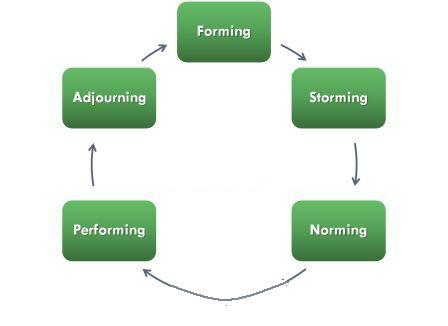Organizations introduce changes through people. Unless the people are willing to accept the need and responsibility for organizational change, intended changes can never be translated into reality. In addition, individuals have to learn to adapt their attitudes and behavioral patterns to constantly changing environments.
Management of change involves both individual and organizational change. Individual change is behavioral change, which is determined by individual characteristics of members such as their knowledge, attitudes, beliefs, needs, expectations and skills. It is possible to bring about a total change in an organization by changing behaviors of individual members through participative and educative strategies.… Read the rest

